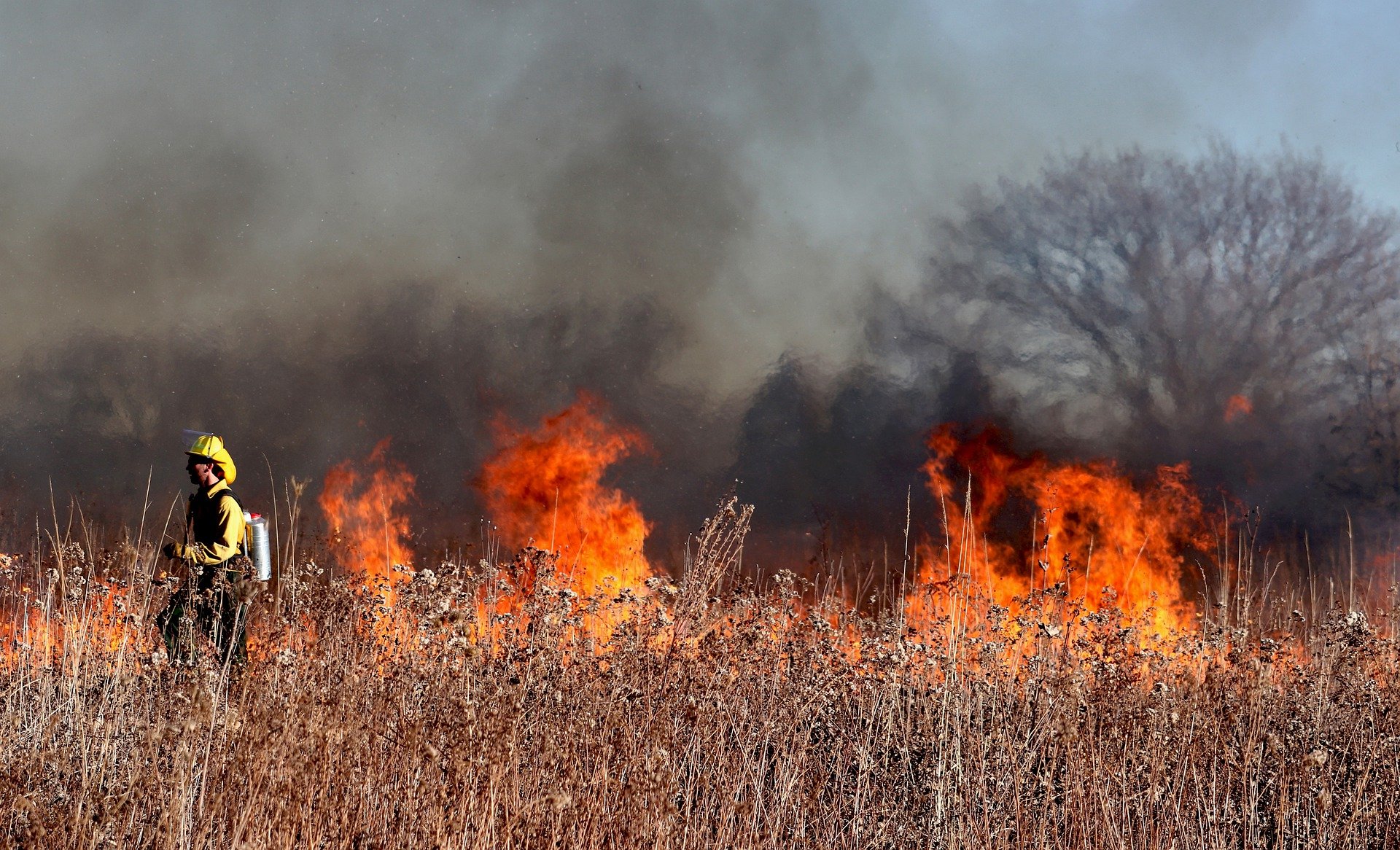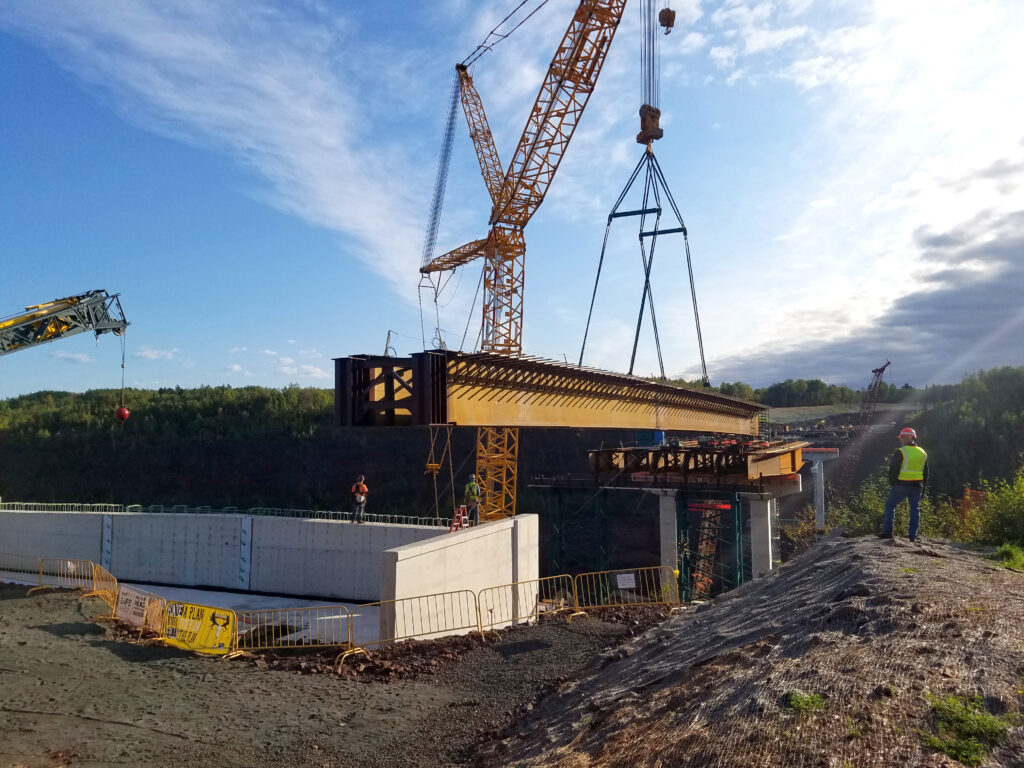By Tony Havranek, Director of Fisheries, WSB
Wildfires are dominating headlines this summer as cities across the United States are dealing with the dangerous air conditions created by the fires in Canada. Wildfires can be incredibly scary, ushering in unwanted destruction and loss of property, but it can also be a tool for rebirth and habitat restoration.
As an ecologist, I have used controlled fire as a tool. Taking a long view of plants and wildlife, many species rely on a natural cycle of disruption that includes fire, wind, animals and more. The Jack Pine, for example, requires fire to help open its cone and release seeds. Many invasive species don’t require cycles of disruption, on the other hand, and thrive among human development.
What are the Risks that Wildfire Bring?
The clearest risk with any uncontrolled fire is destruction of life and property. Wildfires are incredibly dangerous, and this summer’s hot, dry weather helped exacerbate fires in the north. Furthermore, as climate change brings more extreme weather conditions, the carbon released from large wildfires drives further warming, feeding the cycle for more extreme weather events.
Poor forest management and extreme weather can also cause fires to burn more intensely. Too much fuel load – material in a given area that burns and can dramatically increase the intensity of a fire –means that a fire may burn faster and hotter. Intense wildfires can destroy soil to the point it is hydrophobic, repelling water instead of absorbing it. It can also destroy good bacteria and fungi in topsoil. The destruction of soil from extreme wildfires can make it more difficult for new plants to grow, cause soil erosion that pollutes streams and waterways, increase the risk of flash flooding and harm local ecosystems.
As fire crews work to fight wildfires, that can also bring some environmental risk. The flame retardant used to control the spread of fires can be toxic to certain plants and animals. And when fire crews travel from one part of the country to another to fight large wildfires, they can unintentionally introduce invasive species to new regions.
What are the Environmental Benefits?
When we read about wildfires in the news, the stories are often focused on destruction, but fire can bring environmental and ecological benefits too. Because humans have disrupted many of the natural fire cycles, burning can help reset plant species. Plants are an essential building block to ecosystems, and new plant growth can help reattract or grow the population of numerous native wildlife species. Moose, bears and deer are some of the species that can be positively impacted by regeneration after fires.
Better Planning for Fires and Other Natural Disasters.
While proper forest management and use of controlled fire helps mitigate the risk of destructive wildfires, climate change and human activity means wildfires, unfortunately could become more commonplace in certain parts of the world. Planning for and building defensible space and structures reduces risk from wildfires. Working with municipalities at WSB, we often talk about planning for flooding, erosion, hurricanes and other extreme weather events to protect infrastructure, people and native wildlife.
For communities, especially those that face a greater risk of wildfire due to climate change and other factors, assessing the threat of fire and integrating defensible space and structures into planning is critical. I expect that to become a more prevalent consideration as part of innovative municipal planning in future decades.
Havranek has nearly 20 years of experience in the natural resources field. Prior to his time at WSB, Tony helped develop federal policies with the U.S. Fish and Wildlife Service and worked with tribal communities throughout the Midwest on their natural resources needs. He is recognized throughout the industry for his forestry, water quality, fisheries, aquatic and terrestrial vegetation, wetlands and wildlife expertise.
[email protected] | 651.286.8473





